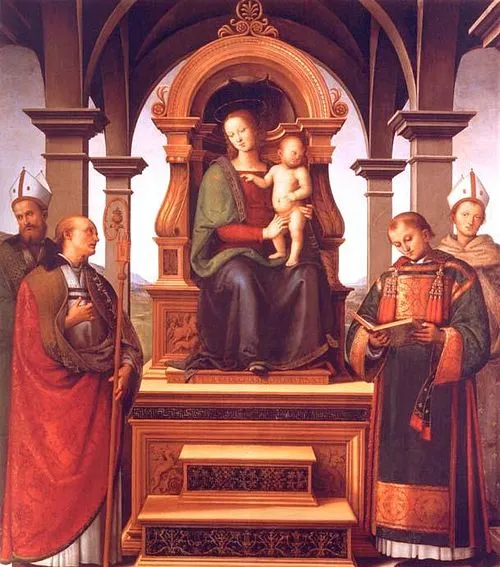
Exploring the Legacy of Herculanus of Brescia: A Scholarly Perspective
Herculanus of Brescia, known as a pivotal figure in the early development of philosophical thought during the late Middle Ages, has garnered attention from both historians and philosophers alike. Born in the city of Brescia, Italy, Herculanus' contributions transcended mere academic discourse, influencing several generations of thinkers in his pursuit of knowledge and truth.
Early Life and Education
Little is known about the early years of Herculanus, but historical records suggest that he was born in the late 12th century in Brescia, a flourishing center of education and culture. It is believed that he received training in both theology and philosophy, which became evident in his later works. The Italian Renaissance was on the horizon, and Herculanus stood at the crossroads of medieval scholasticism and the rising humanist philosophy.
Philosophical Contributions
Herculanus' philosophical inquiries primarily focused on the relationship between faith and reason. He wrote several treatises wherein he argued that reason could lead one to understand and appreciate divine truths, asserting that faith and reason are not mutually exclusive. This position was notably progressive for his time, as many contemporaries remained staunchly devoted to a faith-based approach devoid of rational scrutiny.
Key Works
One of Herculanus' most significant writings is his treatise on metaphysics, where he delves into the nature of existence and reality. He emphasizes the importance of understanding the material world as a reflection of divine will. This work not only captures the essence of his thoughts but also serves as a bridge to later philosophical discourses, particularly those that emerged during the Renaissance.
Impact on Later Thinkers
The influence of Herculanus extended beyond his lifetime, inspiring many Renaissance thinkers who sought to reconcile classical philosophy with Christian doctrine. His ideas encouraged individuals to explore the natural world and inquiry, subtly laying the groundwork for modern scientific thought. Notable philosophers such as Giovanni Pico della Mirandola and later, Galileo Galilei, drew upon the dual principles of faith and reason that Herculanus popularized.
Legacy and Recognition
Although Herculanus of Brescia was not widely recognized during his lifetime, his intellectual legacy has gained prominence in contemporary philosophical studies. Scholars today examine his works as essential contributions to the evolution of Western thought. In various academic circles, Herculanus is regarded as a precursor to modern philosophical discourse that values both reason and faith.
Conclusion
As we delve into the intricacies of his philosophies, it becomes clear that Herculanus of Brescia played a significant role in shaping the intellectual landscape of his time. His ability to intertwine faith with rational thought paved the way for future generations to explore the complexities of existence with both conviction and critical examination. The legacy of Herculanus serves as a testament to the enduring quest for knowledge and truth that continues to resonate in philosophical inquiry today.






